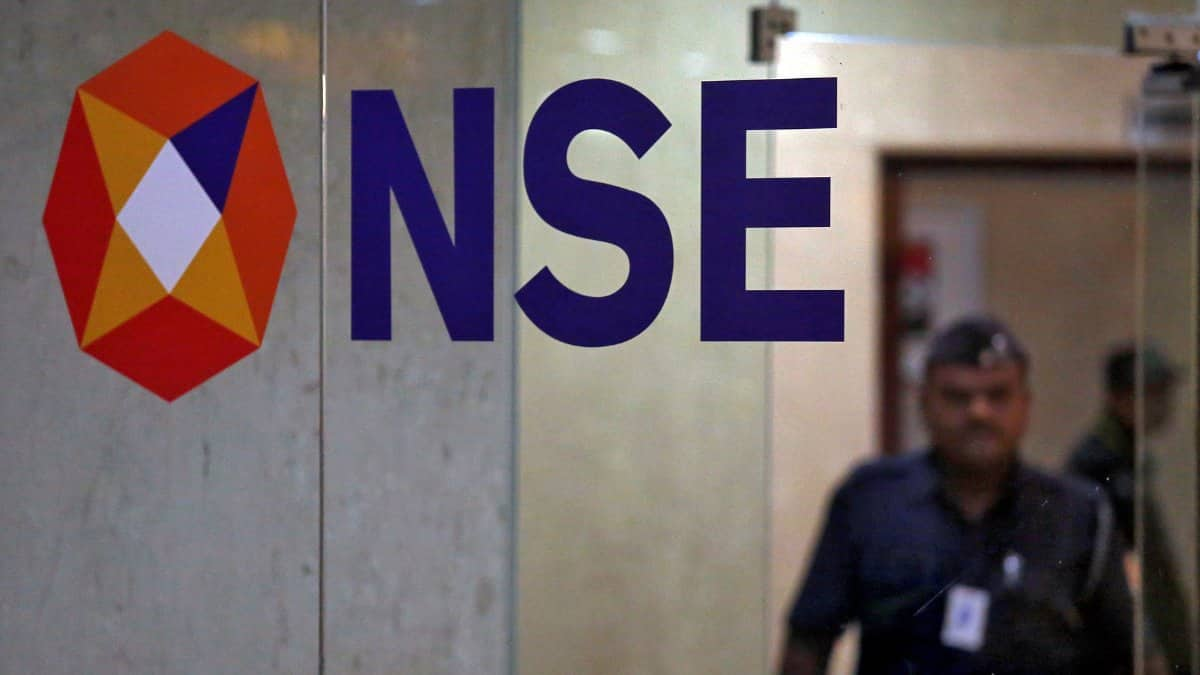‘Local relationships matter more in tier-2, 3 markets’
Brokerages are going heavy on tech, but digital cannot come at the cost of physical, says Ajay Menon, MD and CEO (Broking and Distribution), Motilal Oswal Financial Services. In an interview to Siddhant Mishra, he says a super app for clients is on the cards, while the franchise model is also thriving and helping onboard more clients. Excerpts:
The capital markets business, of which broking and distribution (B&D) is a part, recorded a 63% YoY jump in net profit. What were the key factors?
Distribution revenues also rose 19% YoY on a strong distribution AUM of Rs 22,000 crore; we are focused on scaling up significantly as it provides stable trail income. Our approach to expanding our client base has been to focus on quality customers and building upon our distribution business.
What was the rationale behind hiving off B&D operations into Glide?
The rationale was predominantly to comply with the NSE circular stating that the broking entity (B&D business) is not permitted to engage in any business other than that of securities.
Given that Motilal Oswal Financial Services is the parent company and holds a stock broking licence,it cannot have Motilal Oswal Home Finance or Motilal Oswal Finvest as subsidiaries.
As a result, the hive-off led to the broking business being transferred to a subsidiary called Glide, via a slump sale. Further, this gives the group flexibility to expand into newer segments/line of businesses.
As far as technology is concerned, what are the plans in the offing?
We’ve been paying special attention to our digital journey since the last seven years. We’re working on new developments in distribution, and planning new app launches.
To build on our strong physical base, we built our technology in-house. We’re among the few to have our own trading software and in-house development team.We have an app that is separate for investors and traders. In addition, we are coming up with a super app for taking care of all client investment needs. We are ‘phygital’ in our business model, because we’re not digital at the cost of physical.
How have partnerships with distributors and franchise partners helped tap tier-2 and 3 markets?
Our franchisee model, and the network we’ve built has been our base over the years. It has helped foster an entrepreneurial spirit among partners. Our promotors were themselves sub-brokers and have kindled this spirit among the entrepreneurs to develop the franchisee model across the country.
In tier-2 and 3 markets, this helps because our partners have local relationships, which play a more important role.
Our marketing team works with these partners and helps them onboard clients. With the backing of Motilal Oswal’s research and marketing skills, they are able to sell more asset products, including broking.
At a time of easy access to information, what relevance does the advisory model still hold?
Advancements in tech have led to ease of trade, which facilitates faster execution. But what to buy or sell is what investors always want to know, which is where advisory comes into play.
Some take the help of friends, or their internal network. When it comes to MO, they get research-backed advice from an appointed advisor — backed much more by data and analysis.
They stand to build a better portfolio once they analyse it from a long-term perspective. However, a DIY (do-it-yourself) approach is more of a trial-and-error, where one could go wrong and has to learn from mistakes.
What are your growth and expansion plans?
Our research and advisory model is our strength, and there are few brokerages in this space. We’ll see more customers seeking such advice during volatile and changing markets.
We are building our franchise network and aligning with smaller brokers who lack the digital and research capabilities because it’s a win-win with them leveraging our tech and us leveraging their local relationships.
Besides, our product distribution is also in focus as there are huge cross-selling opportunities like PMS, mutual funds, wealth management, etc, for HNI clients.
Entry of new investors has pushed up participation in markets. Is that encouraging, given that most of them also end up losing money?
Many entered during the pandemic, when they had a lot of free time. Also, it was at a time when markets were booming and technology was at its best. However, considering the attention span and mindset of youngsters, they have a short-term approach. While they had the risk appetite, they didn’t have the money.
However, the stock market has seen many different phases. The good thing about the current phase is the strength of digital and exponential growth of new people entering, which has pushed up participation and volumes.
On the flip side, they are trying to trade too much and have too short a horizon. Those for the long haul will stay and be a part of the growing equity cult.
